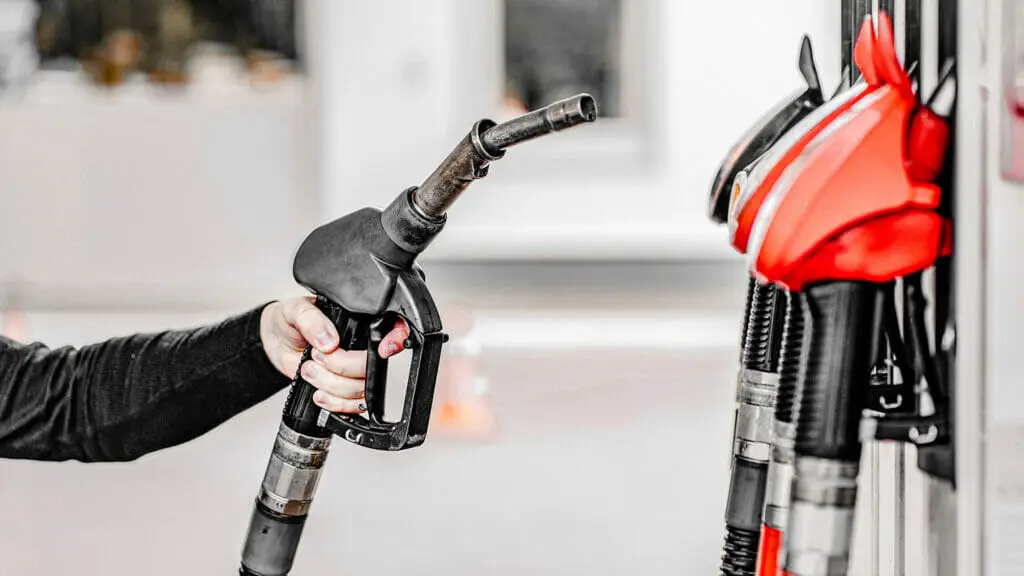Petroleum is an essential natural resource used to produce various types of fuel, including gasoline and diesel. It is a complex mixture of hydrocarbons, which are organic compounds made up of hydrogen and carbon atoms. In this Rundown post, we will explore what petroleum is, how it is used to produce fuel, and the role of fuel retailers and distributors in the petroleum industry.
Petroleum is a fossil fuel that is formed over millions of years from the remains of ancient marine plants and animals. It is found in underground reservoirs and is extracted through drilling. The extracted petroleum is then transported to refineries, where it is processed into various types of fuel.

Gasoline and diesel are two of the most common types of fuel produced from petroleum. Gasoline is a light liquid fuel that is used to power automobiles, while diesel is a heavier fuel that is used in trucks, buses, and other heavy-duty vehicles. Other types of fuel produced from petroleum include jet fuel, heating oil, and propane.
Fuel retailers and distributors play a crucial role in the petroleum industry. Fuel retailers are businesses that sell gasoline and diesel directly to consumers, while fuel distributors are companies that purchase fuel from refineries and sell it to retailers. These companies are responsible for ensuring that the fuel that is sold to consumers is of high quality and meets safety standards.
The price of fuel is determined by various factors, including the cost of crude oil, transportation costs, taxes, and the profit margin of fuel retailers and distributors. Fuel pricing can be a complex process, and understanding the factors that influence fuel prices can help consumers make informed decisions about where to purchase fuel.
